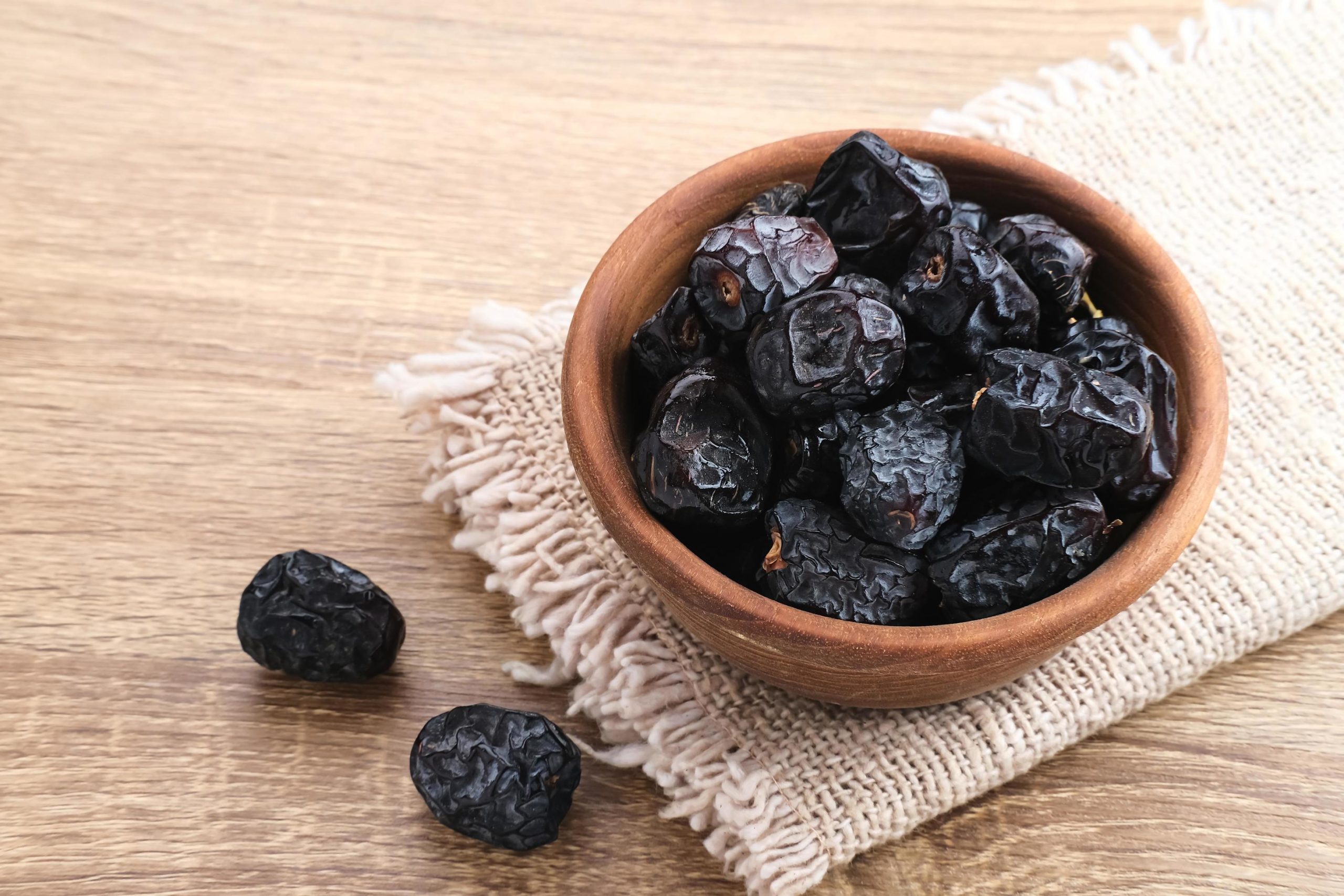
Kurma: Exploring Culinary Traditions with Dates in Malaysia
Exploring the Essence of Kurma
The Allure of Dates
Dating back centuries, Kurma, or dates, have been cherished for their natural sweetness, rich flavor, and nutritional benefits. These versatile fruits are not only a delicious treat but also a staple ingredient in various cuisines around the world. Let’s delve into the essence of Kurma and its role in Malaysian culinary traditions.
The Versatility of Kurma
Nutritional Powerhouse
Kurma is packed with essential nutrients, including fiber, vitamins, and minerals, making it a wholesome addition to a balanced diet. Whether enjoyed on its own as a snack or incorporated into dishes, Kurma offers a burst of energy and nutrients.
Culinary Applications
In Malaysian cuisine, Kurma is used in a myriad of ways, from sweet desserts to savory dishes. Its natural sweetness lends depth and complexity to curries, rice dishes, and desserts, adding a touch of indulgence to traditional recipes.
Culinary Traditions with Dates in Malaysia
Festive Delicacies
Rendang Kurma
One of the iconic dishes featuring Kurma is Rendang Kurma, a flavorful and aromatic stew made with beef, coconut milk, and a blend of spices. The addition of dates adds a hint of sweetness that balances the savory flavors, creating a harmonious and indulgent dish.
Onde-Onde
Onde-Onde, a popular Malaysian dessert, features glutinous rice balls filled with palm sugar and coated with grated coconut. Some variations of this delightful treat include dates as a filling, adding a chewy texture and natural sweetness to the dessert.
Traditional Practices
Breaking Fast with Dates
During the holy month of Ramadan, Muslims in Malaysia break their fast with dates, following a tradition believed to have been practiced by Prophet Muhammad. Dates are a symbol of sustenance and blessings, providing a quick source of energy after a day of fasting.
During the holy month of Ramadan in Malaysia, breaking fast with dates holds deep cultural and religious significance. This age-old tradition is rooted in the teachings of Prophet Muhammad, who recommended consuming dates to end the fast. Dates are considered an ideal food for breaking the fast as they provide a quick source of natural sugars, carbohydrates, and essential nutrients, helping to replenish energy levels after a day of fasting. The act of breaking fast with dates is not just a culinary custom but a spiritual ritual that symbolizes blessings, gratitude, and unity among Muslims in Malaysia as they come together to share this sacred moment.
Moreover, breaking fast with dates is believed to have health benefits, as dates are rich in fiber, vitamins, and minerals that aid in digestion and provide a gentle way to ease the body back into eating after a day of fasting. This practice also helps to stabilize blood sugar levels and prevent overeating during iftar, the evening meal that follows the fast. Beyond its nutritional benefits, breaking fast with dates fosters a sense of community and togetherness among families and communities in Malaysia, reinforcing the values of generosity, solidarity, and spiritual reflection during the holy month of Ramadan.
Gifting Dates
Dates are often exchanged as gifts during festive occasions and special celebrations in Malaysia. This gesture symbolizes goodwill, generosity, and prosperity, reflecting the cultural significance of dates as a symbol of abundance and hospitality.
Conclusion
In conclusion, Kurma holds a special place in Malaysian culinary traditions, offering a blend of flavors, textures, and cultural significance. From festive delicacies to everyday recipes, dates play a versatile role in Malaysian cuisine, adding a touch of sweetness and nostalgia to meals and celebrations alike.
Key Highlights
– Kurma, or dates, are valued for their natural sweetness, nutritional benefits, and culinary versatility.
– Malaysian culinary traditions feature a variety of dishes and desserts that showcase the unique flavors of dates.
– Dates are not just a food ingredient but also a symbol of hospitality, tradition, and cultural heritage in Malaysia.